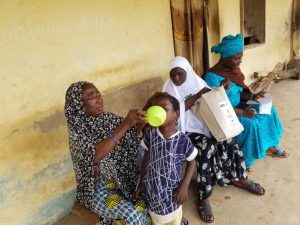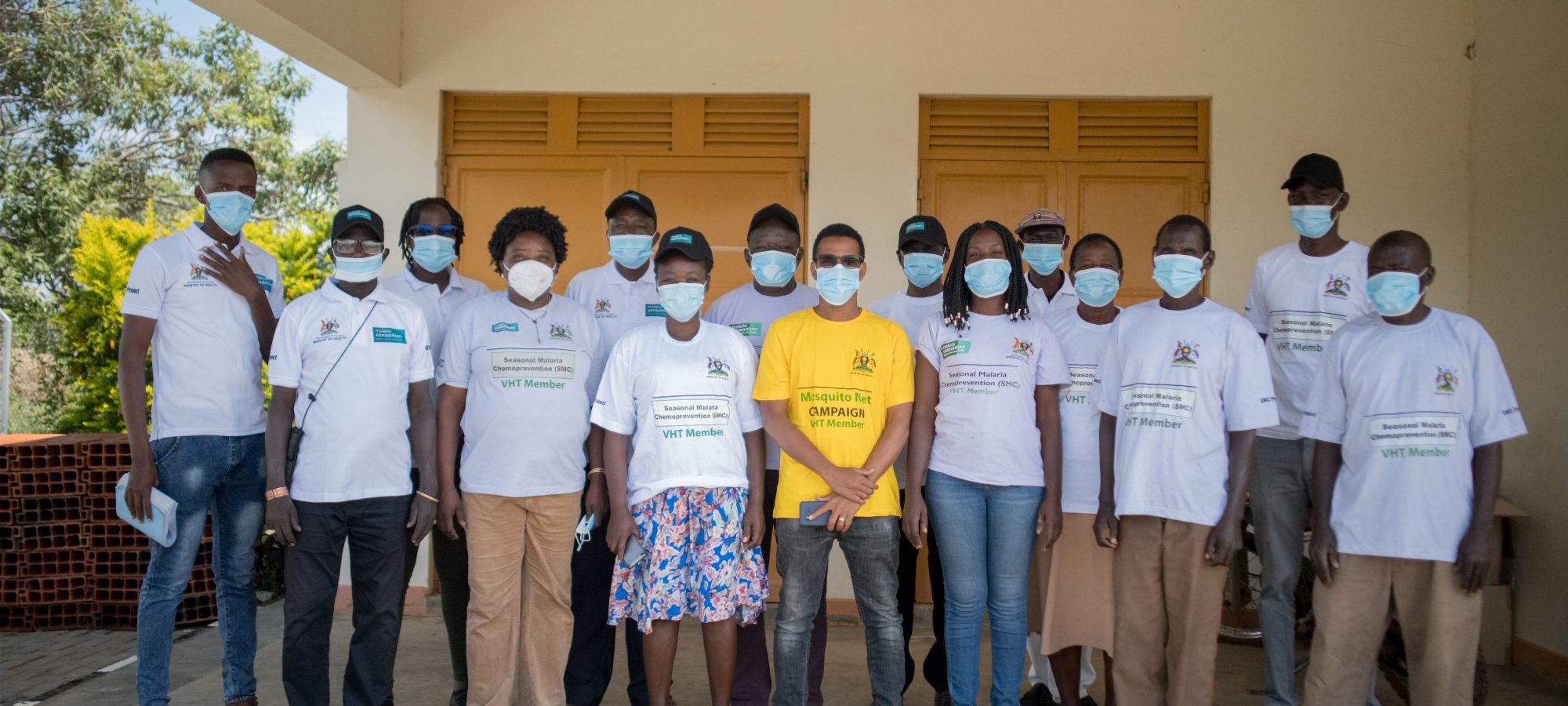In the first instalment of our American Society of Tropical Medicine & Hygiene’s Annual Meeting (ASTMH) series this year, we’re highlighting the powerful role of partnerships in delivering effective health interventions, strengthening health systems to be more responsive and resilient and optimising impact.
Taking place in person in Seattle and online, from 30 October to 3 November 2022, the Annual Meeting is a five-day, international event, bringing together professionals from around the world to exchange scientific advances in tropical medicine, hygiene and global health. As one of the largest conferences of its kind, we’re excited to have the opportunity to share our evidence and learning at the conference with partners across global health networks – informing debate around critical issues and influencing decisions for better health outcomes.
Ministries of health and national health programmes in the countries in which we work are essential partners in our research and programmes. As part of this, we collaborate with and support institutes to lead their own research agendas, helping to inspire investment and advance improvements in global health. Alignment with national priorities, working within existing structures and sharing knowledge and learning and developing capacity at all levels helps to ensure sustainable, long-term success.
In one of our posters being presented today, we shared results and learnings from our work to support a government initiative in Nigeria, Community Health Influencers Promoters and Services (CHIPS). Through this, we helped introduce CHIPS in hard-to-reach communities in Kano – harmonising integrated community case management and CHIPS modules, training over 1,100 CHIPS agents and providing them with malaria and non-malaria commodities.
Beyond working with national governments, the establishment of strong, relevant partnerships across all sectors – from local civil society organisations to international implementation partners, private sector actors and community leaders – creates an environment where each can bring their own unique expertise to strengthen the whole. Partnerships such as these are often the drivers of change – especially where the needs or requirements of a particular geography or community are not fully understood. A shared vision, understanding and trust drives forward the most effective response.
At ASTMH today, we’re also presenting innovative adaptations to our seasonal malaria chemoprevention (SMC) programme – a highly effective community-based intervention, used to reduce malaria morbidity and mortality in children under five. In Nigeria, community health volunteers help caregivers to comply with the monthly administration of SMC medicines during SMC campaigns. In our recent study, we identified that, with the right training and supervision, lead mothers (female members of the community who conduct health promotion activities) can optimise the success of SMC campaigns by influencing caregivers to adopt positive malaria prevention behaviours and helping them administer monthly SMC medicines.

We also shared the results of our recent studies in Burkina Faso and Chad, in which we explored the use of community volunteers, who we trained to promote desirable (‘role model’) behaviours in their communities related to SMC administration.
We value our work with academic institutions based in Africa and Asia, as well as those based in Europe and North America and see these partnerships as transformational. Our collective expertise helps us to design and optimise complex health interventions to develop more resilient health systems.
Tomorrow, in our second instalment of our ASTMH series, we’ll be exploring how we help to address inequities in access to health services, and take you even further from the western seaport city of Seattle, towards Southeast Asia, as we share our learning from training mobile malaria workers in Cambodia to provide lifesaving malaria testing and treatment services to communities in the most remote locations of the country.
To find out more about our presence at ASTMH, visit our bespoke ASTMH pages on our website
For further updates on our work, sign up to our newsletter
